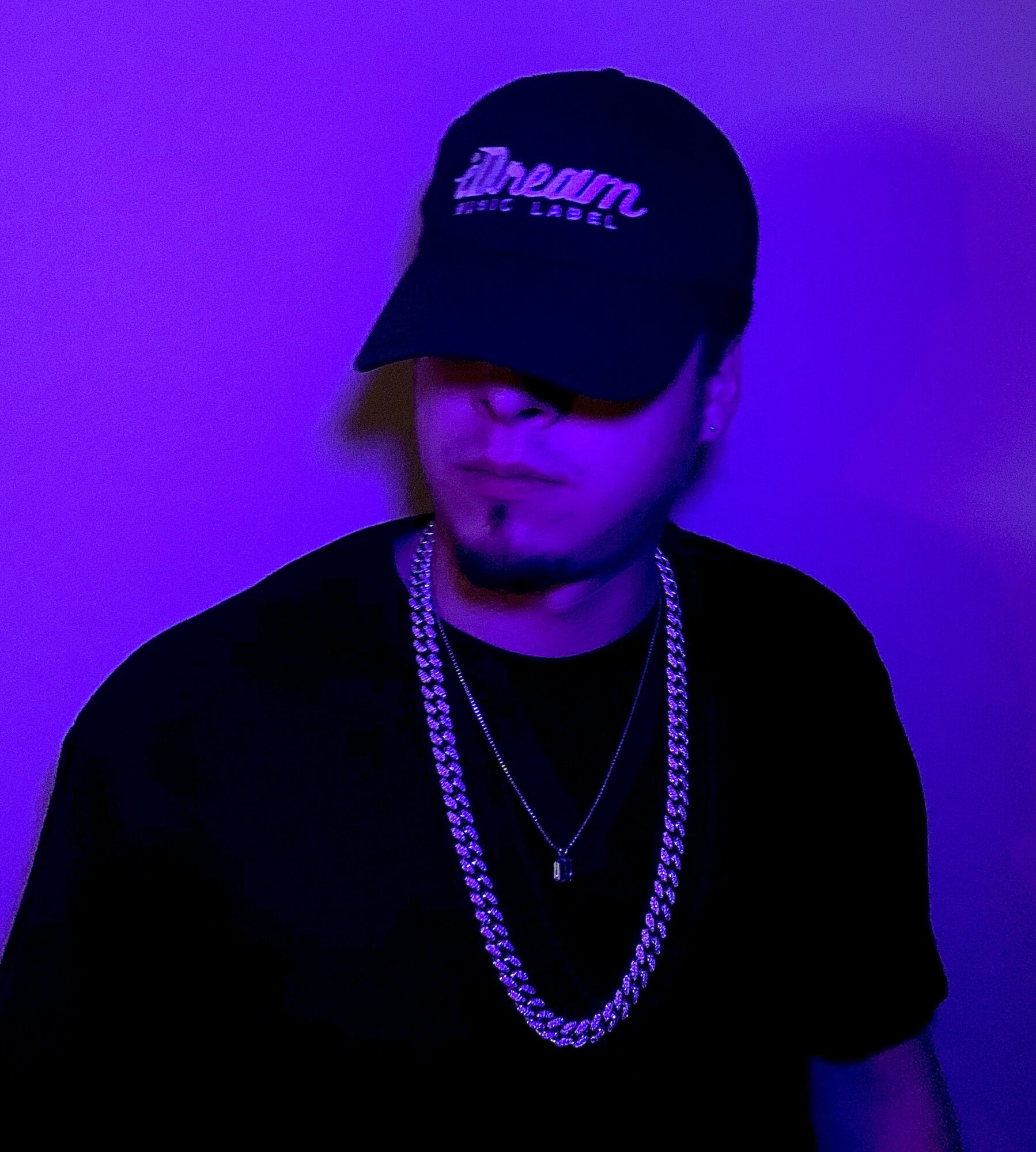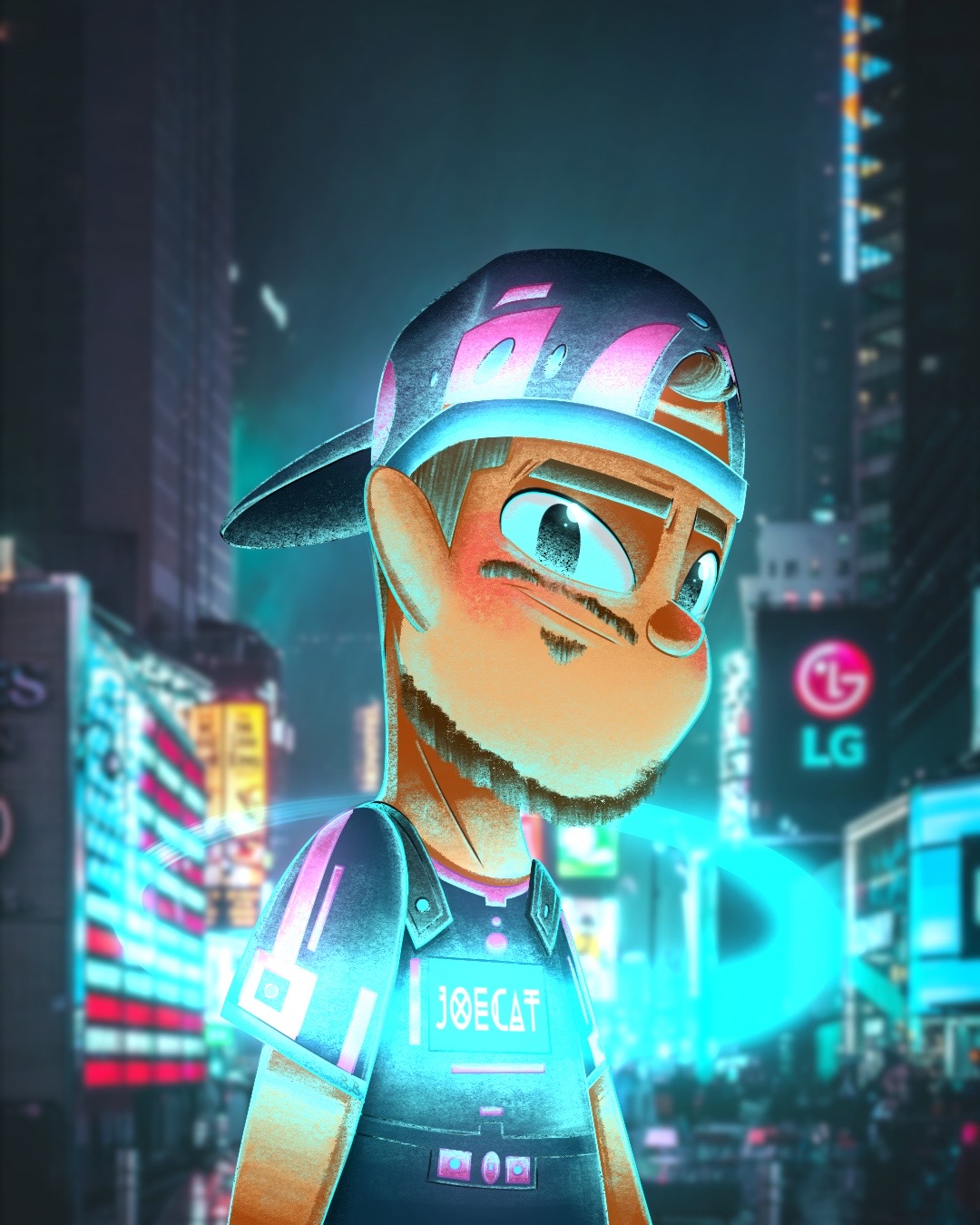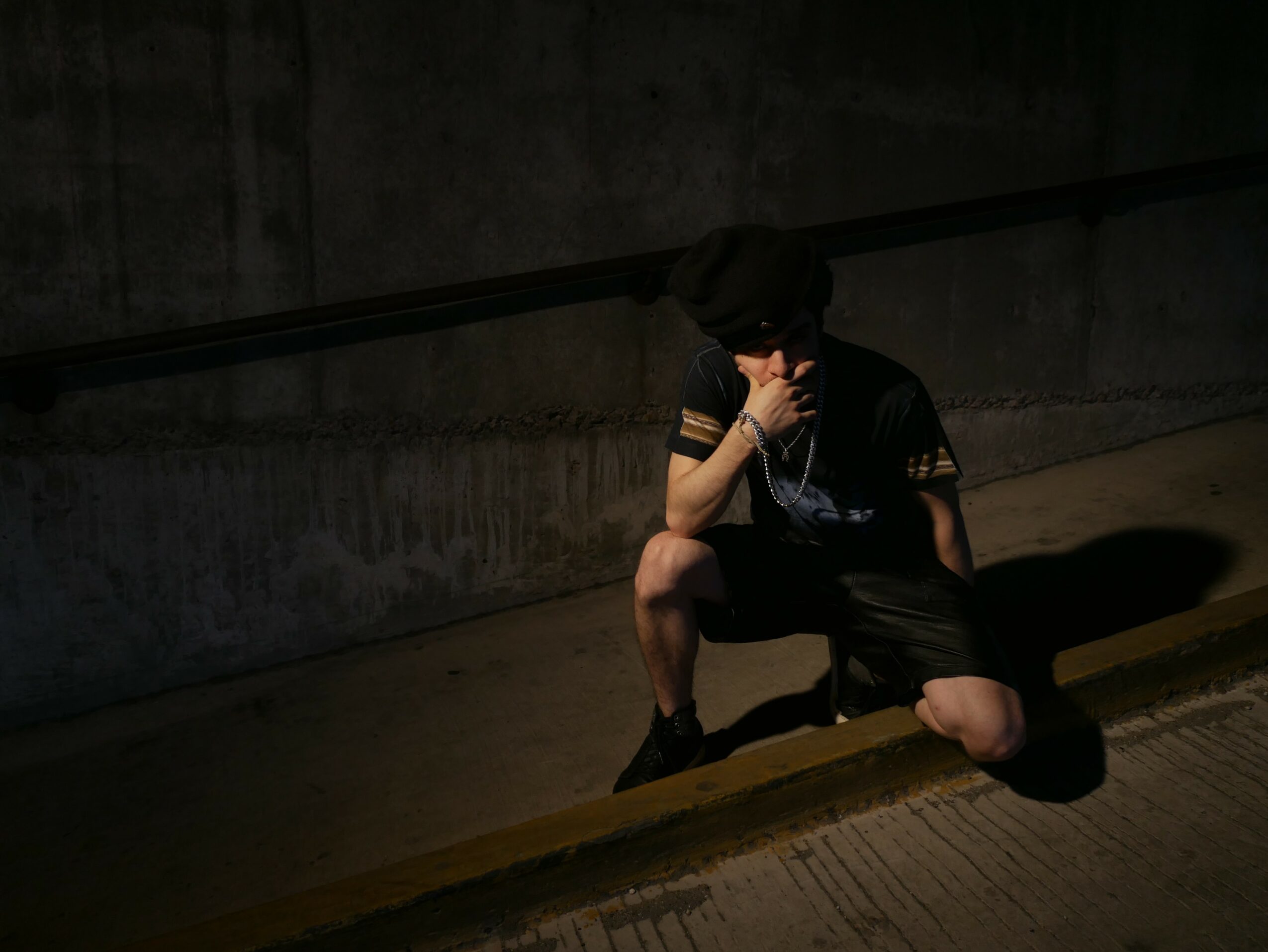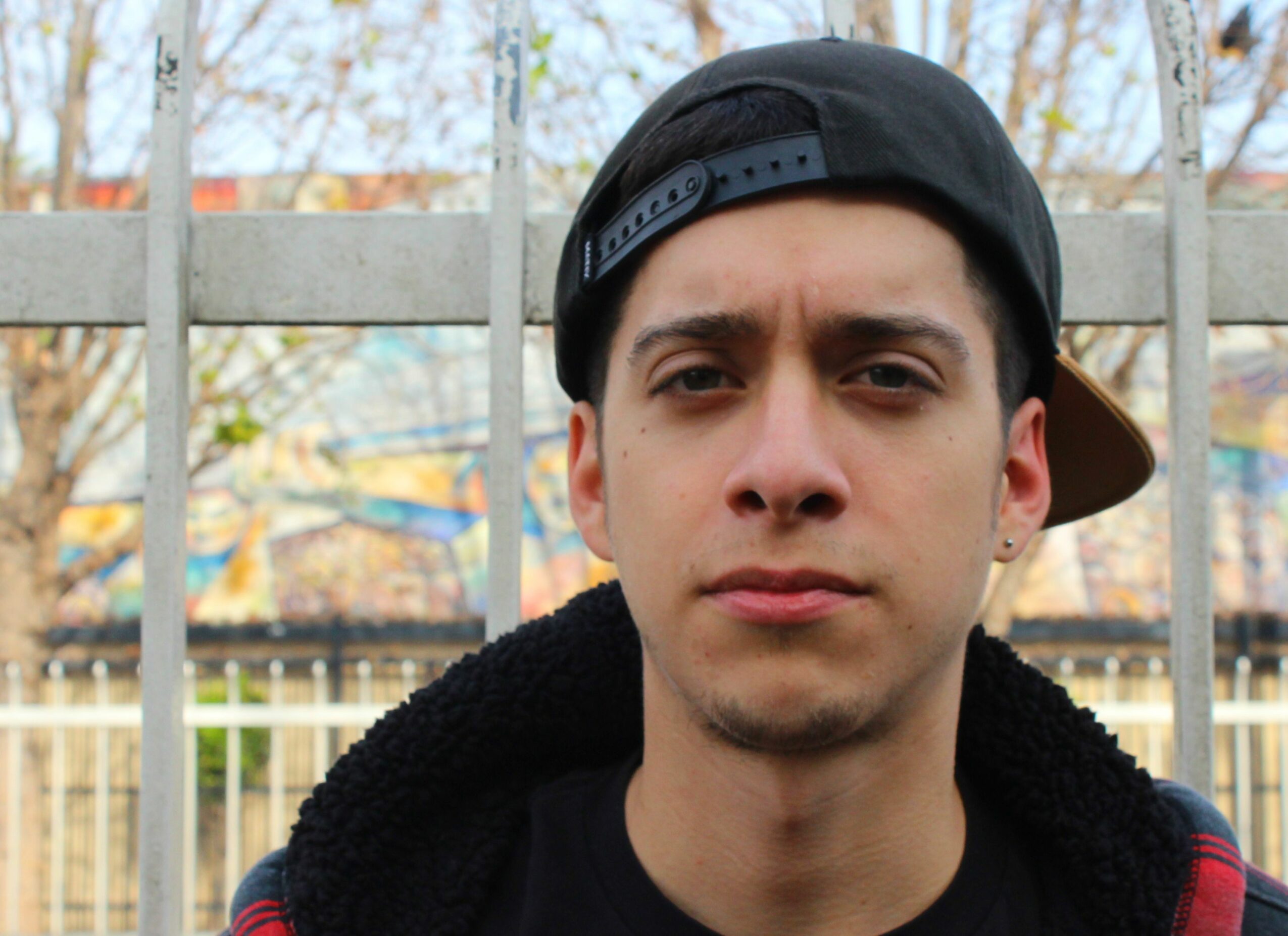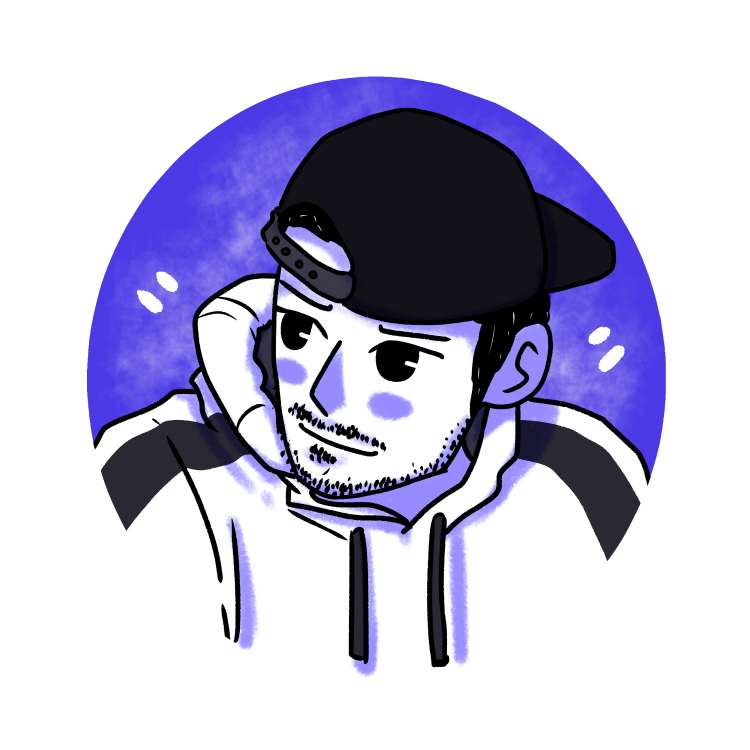

Today we’d like to introduce you to Joseph Reyna
Hi Joseph, can you start by introducing yourself? We’d love to learn more about how you got to where you are today?
My story starts with my roots in Harlingen, TX, where I was born and raised. Growing up, my Hispanic and Native American heritage gave me a deep sense of pride and identity—something that’s grounded me through every step of my journey.
Music has always been a part of my life. I wrote my first song when I was just 8 years old, scribbling down lyrics and humming melodies that came from somewhere deep inside. By the time I was 15, my mom bought me my first microphone—a gift that felt like more than just a piece of equipment. It was a moment of belief, her way of saying, I see this in you. Go for it.
I started entering local talent shows, winning contest after contest, which built my confidence. But the turning point came when I began competing on bigger stages—competitions in other states where people from all over the world came to perform. Winning in those spaces, far from home, made me realize I had something special. It wasn’t just local radio contests or hometown recognition anymore; my talent was resonating on a broader scale.
That drive pushed me to keep going. I threw myself into my music, creating and sharing it with the world. When one of my tracks went viral, it was a surreal moment—a sign that what I was doing could truly connect with people far beyond what I ever imagined.
But for me, it’s always been about more than just creating for myself. That early encouragement, that belief from my mom and the validation of those competitions, planted the idea that I could build something bigger—something that connects, inspires, and leaves a mark on others. That’s the mission that drives me every day.
I’m sure it wasn’t obstacle-free, but would you say the journey has been fairly smooth so far?
My journey? Man, it’s been a ride—plenty of challenges, some of them real gut punches that forced me to dig deep and figure out who I am.
One of my first lessons came as a kid, when a friend stole from my house. That moment hit hard. It wasn’t just about the stuff—it was about trust, about realizing that not everyone has your best interests at heart. It taught me early on how important it is to be intentional about who you let into your life and to protect your energy.
Fast forward to 2011: I dropped out of school. At the time, I felt like I’d failed—like I’d made this huge mistake I couldn’t come back from. Even though I had talent and drive, not being able to read music felt like this giant neon sign saying, You’re not good enough. It got in my head and made me question everything.
Then there was the time I got arrested for something I didn’t do. The charges were dropped, but it shook me, especially since it came during a season where I was already trying to rebuild my life. Around the same time, I was battling a lawsuit with my apartment complex after being displaced. I had all the evidence on my side, but they still wouldn’t take responsibility. It left me feeling unmoored, like I couldn’t even count on basic fairness when I needed it most.
And let’s not forget COVID. Like so many others, I lost my job and had to face just how fragile stability can be. You think you’re doing everything right, and then the rug gets pulled out from under you.
Through all of this, one thing’s been consistent: money has never come easy. I’ve had people tell me how talented I am, how my ideas are “next-level,” but the truth is, I’ve had to grind for every opportunity, every dollar. Nothing’s been handed to me.
But here’s the thing—I wouldn’t trade those struggles. They’ve shaped me, made me resilient, resourceful, and unshakable in the face of adversity. That’s why the work I do now means so much to me. I know what it feels like to have life throw every obstacle in your path. And if I can use what I’ve learned to create opportunities for others, to show them that it’s possible to rise above, then all those struggles? They weren’t for nothing.
As you know, we’re big fans of you and your work. For our readers who might not be as familiar what can you tell them about what you do?
Everything I create—whether it’s music, social impact work, or community projects—comes from a place rooted in my story, my values, and what I believe in. At its heart, my work is about connection. It’s about bringing people and ideas together in ways that matter and leave a mark.
I’ve found my sweet spot in bridging creativity with practicality. You know, taking these big, sometimes wild ideas and actually grounding them into something real. Like the ZenBox project—turning a vision for affordable, modular housing into a real solution for people who need it most. Or making music that doesn’t just sound good but hits you deep, where it counts.
What I’m most proud of is the impact my work has had. Take Dreams Over Dollars, my nonprofit—it started as this spark, a way to empower folks to put meaning before money. And now it’s grown into something bigger, tackling issues like food insecurity and housing instability head-on. Or GlideScape, which turns overlooked spaces into thriving community hubs focused on education, sustainability, and connection. These aren’t just projects; they’re ways to change lives.
What makes me different? I think it’s this blend of introspection and action. I don’t just sit around dreaming about what could be—I make it happen. A lot of people stay stuck in the planning phase, but I’ve learned to embrace the messiness of starting, even if it’s small, even if it’s imperfect. Because at the end of the day, what matters is progress, not perfection.
Another thing? I adapt. Whether I’m talking to executives, artists, students, or anyone in between, I find common ground. I think it comes from my own experiences—the ups, the downs, and everything in between. It’s given me this ability to connect with people in a way that feels genuine and real. For me, it’s not just about the work I do; it’s about making people feel like they’re part of something bigger than themselves.
And honestly, I’m not chasing recognition or trying to be perfect. What drives me is the thought that what I’m building could inspire someone, help someone, or make them believe in what’s possible. That’s what it’s all about for me—the impact, the ripple effect, the way it all connects.
Where do you see things going in the next 5-10 years?
Looking ahead over the next 5 to 10 years, I feel like the worlds I move in—music, social impact, and community development—are on the brink of some deep shifts. And these aren’t just surface-level tweaks. We’re talking foundational changes fueled by new tech, evolving values, and this growing sense that we’re all connected in ways we haven’t fully tapped into yet.
Music and Entertainment
The music game is about to flip in some big ways, especially around ownership and creativity. Blockchain tech and NFTs might feel like buzzwords now, but they’re laying the groundwork for something radical. Imagine artists ditching middlemen and selling exclusive digital albums directly to their fans—real, tangible ownership. That’s a new way of thinking about getting paid for your art.
And then there’s AI. These tools are breaking down barriers left and right. Whether you’re a seasoned pro or someone who’s never picked up an instrument, making music is getting easier—and that’s a double-edged sword. Because as tech floods the space, I think people are going to start craving something raw. Those live, unpolished, in-the-moment performances—the kind of experiences where you feel the sweat, the energy, the humanity.
What really gets me fired up is how music is starting to go beyond just sound. It’s becoming part of these immersive, multi-sensory stories—concerts that aren’t stuck on one stage but unfold across physical, virtual, and even augmented spaces. The future of music isn’t just something you hear; it’s something you feel with your whole self.
Social Impact and Nonprofits
In the nonprofit world, people aren’t just writing checks and hoping for the best anymore. They want to know—show me the impact. Where’s my money going? What’s it doing? And that’s where tech is stepping up. Whether it’s real-time tracking, AI helping organizations focus their efforts, or blockchain making finances transparent, the tools are here to change the game.
But the real movement I’m seeing? Local ownership. Communities are saying, “We know what we need better than anyone else, so let us lead.” That’s a wake-up call for organizations like mine to focus on building flexible, scalable solutions that empower these communities to do their thing.
Another shift? Nonprofits and businesses teaming up in ways that actually feel meaningful. Companies aren’t just tossing out token gestures—they’re weaving impact into their core missions. Over time, I think nonprofits are going to evolve into something new—hybrid models that mix mission-driven work with the efficiency and hustle of a business.
Community Development
The way we think about cities is changing fast. With remote work here to stay, I see a future where we’re less about giant urban centers and more about smaller, interconnected hubs. And modular construction—like the ZenBox project I’m working on—is a game-changer. We can reimagine affordable, sustainable housing for folks who need it most, whether it’s veterans, students, or people without stable shelter.
I’m also excited about what we can do with spaces that are just sitting there. Think parking garages turned into vertical farms or empty lots becoming solar farms. With AI and IoT driving smarter resource use, we’ve got a real shot at making communities more resilient. But here’s the kicker: all of this has to be inclusive. It can’t just be for the lucky few.
The Bigger Picture
If there’s one thread running through all of this, it’s a shift in values. People are starting to care more about impact, authenticity, and sustainability. Convenience and profit are starting to take a back seat to purpose. And that shift? That’s where the real magic happens—because it’s sparking innovations we can’t even see coming yet.
For me, the mission is clear: make sure these tools and opportunities actually reach the people who need them. Whether it’s giving artists the tools to own their work, creating platforms that amplify social impact, or rethinking housing for underserved communities, the goal is to level the playing field.
At the end of the day, the next decade is about things coming together—industries blending, values aligning, and technology meeting creativity. It’s a wild, exciting time to be building, and I’m here for it. Let’s make sure these changes aren’t just exciting for a few—they’ve got to work for everyone.
Contact Info:
- Website: https://joecattt.com
- Instagram: https://instagram.com/joecattt
- Facebook: https://facebook.com/joecattt
- Twitter: https://twitter.com/joecattt
- Youtube: https://youtube.com/joecattt
- Soundcloud: https://soundcloud.com/joecattt
- Other: https://tinyurl.com/joecatresearch
